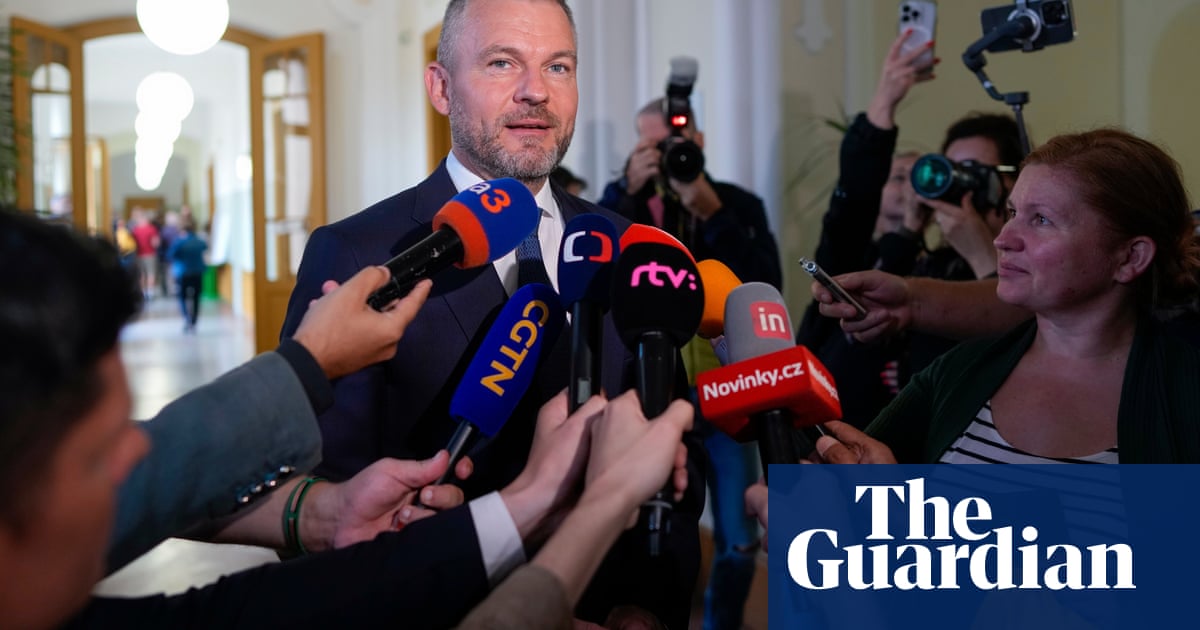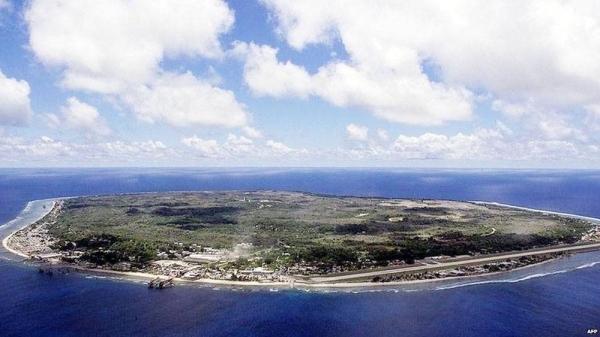
MUNICH/BERLIN, Sept 21 (Reuters) - A top ally of Chancellor Angela Merkel said on Tuesday inflation was the biggest challenge facing Germans and the ECB should get ready to raise rates, breaking a taboo for senior politicians to comment on monetary policy, just days before a general election.
The comments by Markus Soeder, premier of the southern state of Bavaria, prompted critics to accuse the conservatives of improperly politicising monetary policy to drum up votes as they face losing power in Sunday"s election to succeed Merkel.
Speaking to reporters in Munich, Soeder said that policy makers should work on measures to put the brakes on rising prices and cushion the effects of higher inflation for households, which he said was amounting to "cold expropriation".
Noting that the Bundesbank has forecast inflation briefly spiking as high as 5% later this year, Soeder said the European Central Bank "must act at the latest at 5%. What is needed is a measured exit plan from the zero interest rate policy."
Summary
Soeder says inflation is Germans" biggest challenge
Bundesbank sees inflation near 5% in Germany by year-end
MUNICH/BERLIN, Sept 21 (Reuters) - A top ally of Chancellor Angela Merkel said on Tuesday inflation was the biggest challenge facing Germans and the ECB should get ready to raise rates, breaking a taboo for senior politicians to comment on monetary policy, just days before a general election.
The comments by Markus Soeder, premier of the southern state of Bavaria, prompted critics to accuse the conservatives of improperly politicising monetary policy to drum up votes as they face losing power in Sunday"s election to succeed Merkel.
Speaking to reporters in Munich, Soeder said that policy makers should work on measures to put the brakes on rising prices and cushion the effects of higher inflation for households, which he said was amounting to "cold expropriation".
Noting that the Bundesbank has forecast inflation briefly spiking as high as 5% later this year, Soeder said the European Central Bank "must act at the latest at 5%. What is needed is a measured exit plan from the zero interest rate policy."
Conservative politicians in Germany have long campaigned on their reputation as hawks over inflation, suggesting that their left-leaning rivals would be less vigilant.
But both Merkel and Finance Minister Olaf Scholz, a Social Democrat, have generally avoided direct comments on the ECB"s monetary policy in recent years, pointing to the need to respect the central bank"s independence.
Marcel Fratzscher, head of the DIW economic institute, a think tank seen as pro-labour, described Soeder"s remarks days before an election as "politically motivated scare tactics".
Last week, Friedrich Merz, a senior conservative economic policy adviser, said the ECB"s easy monetary policy was harming savings and pensions. read more
Summary
Soeder says inflation is Germans" biggest challenge
Bundesbank sees inflation near 5% in Germany by year-end
MUNICH/BERLIN, Sept 21 (Reuters) - A top ally of Chancellor Angela Merkel said on Tuesday inflation was the biggest challenge facing Germans and the ECB should get ready to raise rates, breaking a taboo for senior politicians to comment on monetary policy, just days before a general election.
The comments by Markus Soeder, premier of the southern state of Bavaria, prompted critics to accuse the conservatives of improperly politicising monetary policy to drum up votes as they face losing power in Sunday"s election to succeed Merkel.
Speaking to reporters in Munich, Soeder said that policy makers should work on measures to put the brakes on rising prices and cushion the effects of higher inflation for households, which he said was amounting to "cold expropriation".
Noting that the Bundesbank has forecast inflation briefly spiking as high as 5% later this year, Soeder said the European Central Bank "must act at the latest at 5%. What is needed is a measured exit plan from the zero interest rate policy."
Conservative politicians in Germany have long campaigned on their reputation as hawks over inflation, suggesting that their left-leaning rivals would be less vigilant.
But both Merkel and Finance Minister Olaf Scholz, a Social Democrat, have generally avoided direct comments on the ECB"s monetary policy in recent years, pointing to the need to respect the central bank"s independence.
Marcel Fratzscher, head of the DIW economic institute, a think tank seen as pro-labour, described Soeder"s remarks days before an election as "politically motivated scare tactics".
Last week, Friedrich Merz, a senior conservative economic policy adviser, said the ECB"s easy monetary policy was harming savings and pensions. read more
Germany"s harmonized annual consumer price inflation (HICP) hit a fresh 13-year high at 3.4% in August, as the economy recovers from the pandemic and firms struggle with supply shortages. read more
The national inflation rate (CPI) even soared to 3.9% in August, its highest since December 1993 when the economy boomed following German reunification.
Polls suggest Scholz, who has served alongside Merkel in an uneasy "grand coalition" of conservatives and Social Democrats, is favoured to replace her in Sunday"s election, while the main conservative candidate Armin Laschet has faltered.
SCARE TACTICS?
Summary
Soeder says inflation is Germans" biggest challenge
Bundesbank sees inflation near 5% in Germany by year-end
MUNICH/BERLIN, Sept 21 (Reuters) - A top ally of Chancellor Angela Merkel said on Tuesday inflation was the biggest challenge facing Germans and the ECB should get ready to raise rates, breaking a taboo for senior politicians to comment on monetary policy, just days before a general election.
The comments by Markus Soeder, premier of the southern state of Bavaria, prompted critics to accuse the conservatives of improperly politicising monetary policy to drum up votes as they face losing power in Sunday"s election to succeed Merkel.
Speaking to reporters in Munich, Soeder said that policy makers should work on measures to put the brakes on rising prices and cushion the effects of higher inflation for households, which he said was amounting to "cold expropriation".
Noting that the Bundesbank has forecast inflation briefly spiking as high as 5% later this year, Soeder said the European Central Bank "must act at the latest at 5%. What is needed is a measured exit plan from the zero interest rate policy."
Conservative politicians in Germany have long campaigned on their reputation as hawks over inflation, suggesting that their left-leaning rivals would be less vigilant.
But both Merkel and Finance Minister Olaf Scholz, a Social Democrat, have generally avoided direct comments on the ECB"s monetary policy in recent years, pointing to the need to respect the central bank"s independence.
Marcel Fratzscher, head of the DIW economic institute, a think tank seen as pro-labour, described Soeder"s remarks days before an election as "politically motivated scare tactics".
Last week, Friedrich Merz, a senior conservative economic policy adviser, said the ECB"s easy monetary policy was harming savings and pensions. read more
Germany"s harmonized annual consumer price inflation (HICP) hit a fresh 13-year high at 3.4% in August, as the economy recovers from the pandemic and firms struggle with supply shortages. read more
The national inflation rate (CPI) even soared to 3.9% in August, its highest since December 1993 when the economy boomed following German reunification.
Polls suggest Scholz, who has served alongside Merkel in an uneasy "grand coalition" of conservatives and Social Democrats, is favoured to replace her in Sunday"s election, while the main conservative candidate Armin Laschet has faltered.
SCARE TACTICS?
The DIW institute"s Fratzscher said Soeder"s comments on interest rates risked undermining the independence of the ECB and Bundesbank: "Politicians cause damage to the euro and thus to citizens when they try to politicize the euro and monetary policy."
He said there was no need to panic about prices as the current rise in inflation was temporary, with expectations for the next two years also not causing concerns.
The ECB sees the annual inflation rate in the euro zone reaching 2.2% this year, falling to 1.7% next year and 1.5% in 2023 - well below its 2% target.












